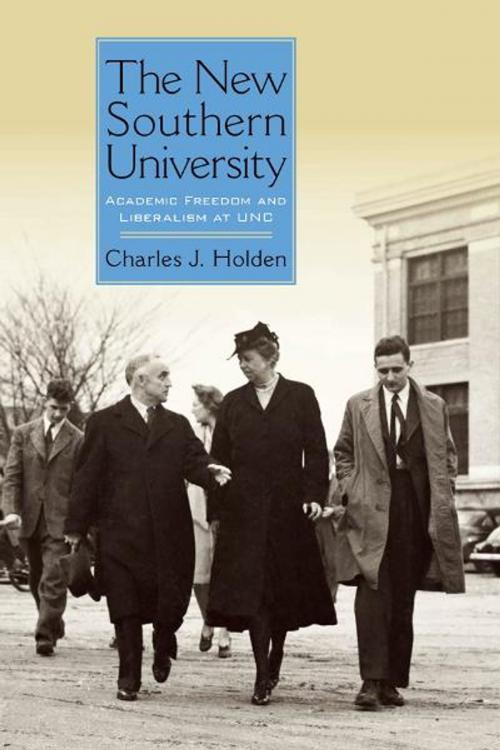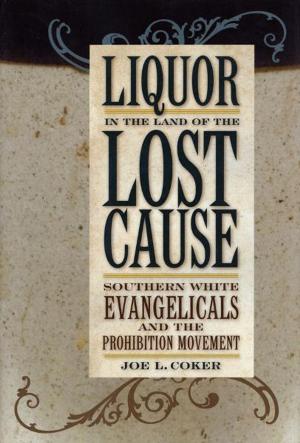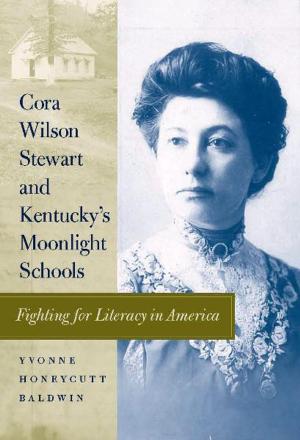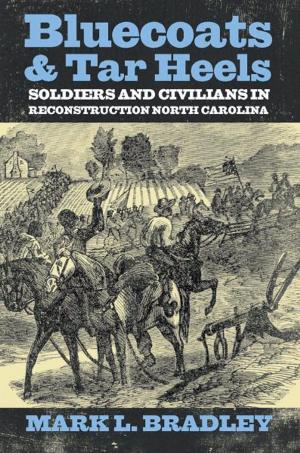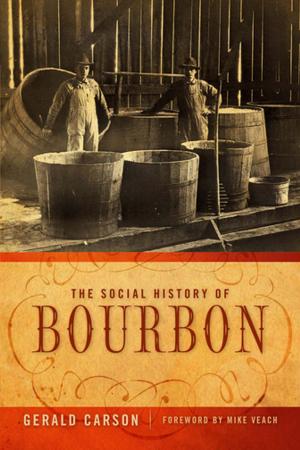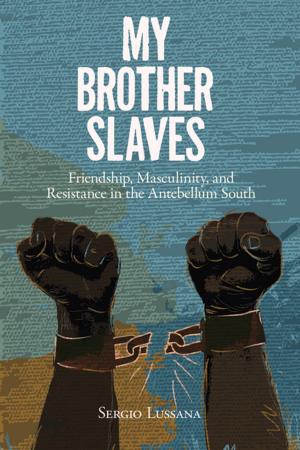The New Southern University
Academic Freedom and Liberalism at UNC
Nonfiction, Reference & Language, Education & Teaching, History, Americas, United States| Author: | Charles J. Holden | ISBN: | 9780813140148 |
| Publisher: | The University Press of Kentucky | Publication: | December 21, 2011 |
| Imprint: | The University Press of Kentucky | Language: | English |
| Author: | Charles J. Holden |
| ISBN: | 9780813140148 |
| Publisher: | The University Press of Kentucky |
| Publication: | December 21, 2011 |
| Imprint: | The University Press of Kentucky |
| Language: | English |
Established in 1789, the University of North Carolina is the oldest public university in the nation. UNC's reputation as one of the South's leading institutions has drawn some of the nation's leading educators and helped it become a model of the modern American university. However, the school's location in the country's most conservative region presented certain challenges during the early 1900s, as new ideas of academic freedom and liberalism began to pervade its educational philosophy. This innovative generation of professors defined themselves as truth-seekers whose work had the potential to enact positive social change; they believed it was their right to choose and cultivate their own curriculum and research in their efforts to cultivate intellectual and social advancement. In To Carry the Truth: Academic Freedom at UNC, 1920--1941, Charles J. Holden examines the growth of UNC during the formative years between the World Wars, focusing on how the principle of academic freedom led to UNC's role as an advocate for change in the South.
Established in 1789, the University of North Carolina is the oldest public university in the nation. UNC's reputation as one of the South's leading institutions has drawn some of the nation's leading educators and helped it become a model of the modern American university. However, the school's location in the country's most conservative region presented certain challenges during the early 1900s, as new ideas of academic freedom and liberalism began to pervade its educational philosophy. This innovative generation of professors defined themselves as truth-seekers whose work had the potential to enact positive social change; they believed it was their right to choose and cultivate their own curriculum and research in their efforts to cultivate intellectual and social advancement. In To Carry the Truth: Academic Freedom at UNC, 1920--1941, Charles J. Holden examines the growth of UNC during the formative years between the World Wars, focusing on how the principle of academic freedom led to UNC's role as an advocate for change in the South.
